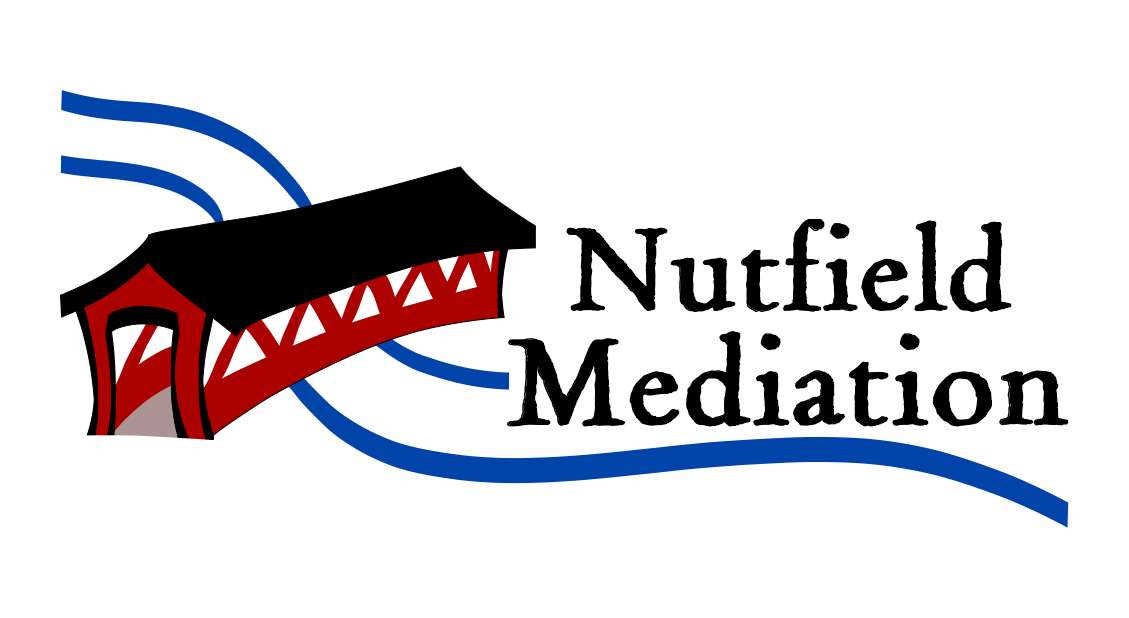I attended a seminar recently, where a New Hampshire family court judge was kind enough to share his thoughts with a group of family mediators and attorneys. He expressed his belief in mediation as the preferred method of resolving conflict and reaching agreements in family matters. He shared his feeling that parents, rather than judges, were almost always the best people to decide what was in the best interests of children. He then shared what he says to those parents who are unable or unwilling to work together to make those important parenting decisions:
“I tell parents that one part of their relationship will never end - the part that involves co-parenting their children. Then I tell them I would like them to imagine two very different futures:
In Future #1, you were never able to cooperate in raising your children. You had little communication, and when you did try to communicate, you often fought. Your kids were aware of the conflicts and have many sad memories of their childhood. Now, imagine you are approaching a momentous occasion in the life of your adult child. Perhaps it is a wedding day or the birth of your first grandchild. As this big day approaches, your adult child is unable to fully enjoy what is happening, because they are worried about mom and dad. Will they be arguing? How can we manage the day so they do not cause a scene or create tension? What if dad runs into mom’s significant other at the bar or in the waiting room? This worry not only saps the joy out of the occasion, but becomes part of your child’s memories forever.
Now, imagine a different future. In Future #2, you got along well as the kids were growing up. You worked through the difficult times together, put your kids first, and were able to cooperate in co-parenting and raising them. Your children have happy memories of their childhood, and of time spent with both parents, often together. They feel lucky that mom and dad eventually created new families that they, themselves, were an important part of. Their family is in harmony. In this future, the same momentous day is approaching. But in this future, your adult child is able to fully enjoy the big event. Worries about tension or conflict between you, do not even enter their mind. All of you are able to revel in the joy of the occasion together, leaving with nothing but happy memories that will last a lifetime.”
Then, this wise,New Hampshire family court judge told us this:
“I then tell the parents, that in choosing the manner in which they handle this separation or divorce, either cooperatively or destructively, they will also be choosing the first steps toward one of these two very different futures, for themselves and their children.”
I think that says it all. It certainly explains why I do what I do every day to try to assist parents who are striving to provide Future #2 for their children.
Tony
